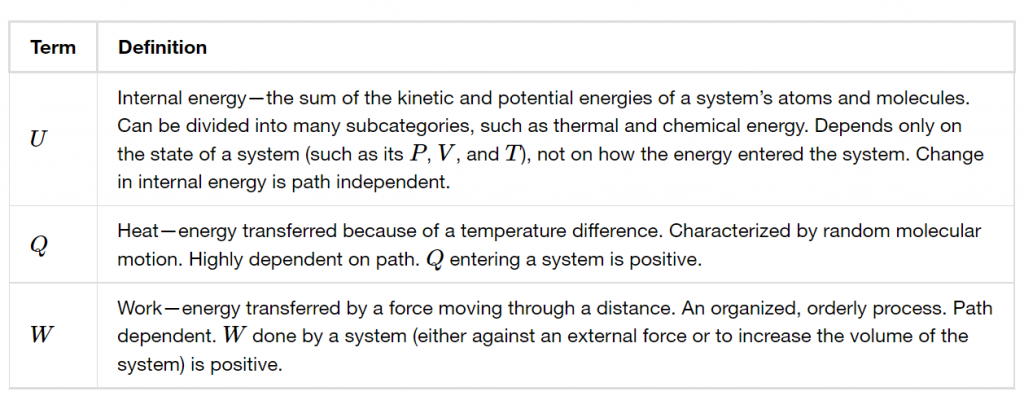52 Learning Materials and Exercises
Can you Boil Water in a Paper Container?
- Think about the question above.
- What physics concepts do we need to consider?
- Think about ways how you can heat water in a paper container. Come up with at least 3 ways.
- Watch the demonstration.
- What have you learned?
Common sense tells you that it’s impossible to boil water in a paper bag, but this classic parlour trick was a favourite of the Victorian magician. The real difficulty in performing this effect is making it look harder than it is! As you might imagine, the secret lies in yet another amazing property of water – it’s ability to conduct heat. Instead of using a paper bag, this modern day version of the demonstration uses an ordinary balloon, some water and a candle. It’s a combination that’s guaranteed to make people stand back.
Textbook Material
Read:
Chapter 15
Thermodynamics
15.1 The First Law of Thermodynamics
15.2 The First Law of Thermodynamics and Some Simple Processes
15.3 Introduction to the Second Law of Thermodynamics: Heat Engines and Their Efficiency
The Laws of Thermodynamics and Biology
Biological organisms are open systems. Energy exchanges between them and their surroundings, as they consume energy-storing molecules and release energy to the environment by doing work. Like all things in the physical world, energy is subject to the laws of physics. The laws of thermodynamics govern the transfer of energy in and among all systems in the universe.
Read chapter 6.3 in OpenStax biology textbook for more information.
Solving thermodynamics problems: A strategy
- Summarize given information in your own words; leave out unneeded information.
- Determine whether heat, work, or internal energy are involved.
- Draw a sketch of the situation (show energy flow).
- Define system boundaries (note if it is an open or closed system).
- Identify knowns and unknowns.
- Choose the laws of thermodynamics suitable for the situation.
- Determine what properties are involved and how to find values for them.
- Describe the process in terms of the change in system properties.
- Substitute numbers into the equation and solve for the unknown complete with units.
- Does answer make sense?
Table 15.1
Summary of Terms for the First Law of Thermodynamics

Textbook Exercises
Solve the following problems.
Chapter 15
- Conceptual Questions: 1 – 8, 16 – 19.
- Problems & Exercises: 1 – 11.
Solving Problems in Physics

Note: Image by Chudaeva, E. (2022).
Formulas
Modify this list as you wish to support your learning.
Elena’s explanation of how to approach and solve problems on thermodynamics
Check this handout with problems and steps involved in solving these problems and thinking processes that Elena used to solve these problems.
Modify this handout as you wish to support your learning.
Additional resource
OpenStax High School Physics, chapter 12 Thermodynamics

